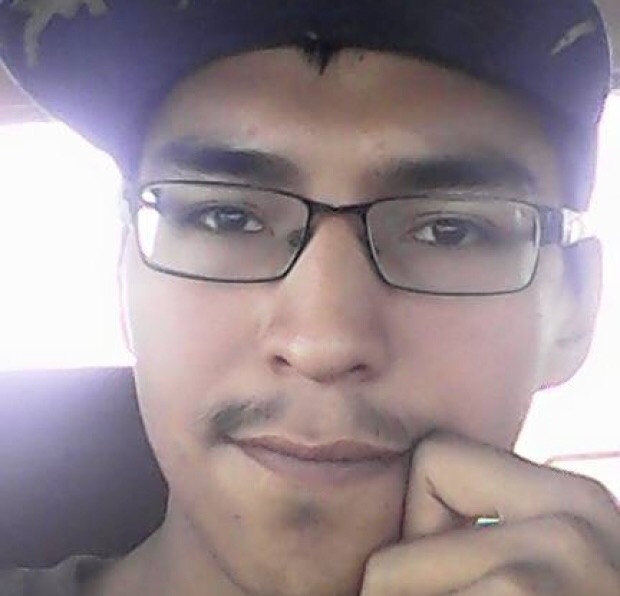
They Just Do Not Care
I have no personal connection any First Nations people, either in the United States or Canada. And I have no connection to the story of Colten Boushie, a First Nations man whose killer was recently acquitted of all charges in his death. I have only a basic command of the facts of the killing and its aftermath from news reports by the CBC (Canadian Broadcasting Corporation).
But I do know this: white people do not care and they're tired of hearing about it.
Are you going to immediately call me a bigot because I used the phrase "white people"? That I am singling out a very large group of people as though they're all responsible in some manner? That's a reaction I often encounter in stories like this, a quick and often indignant "not all..." pouting that glosses over the actual issue.
In listening to various stories about First Nations issues in Canada, from missing and murdered indigenous women to a long roster of stories like Colten Boushie's, I've come to the conclusion that white people are no longer interested in hearing about it. They're tired of listening to the horrors of the residential school system. They're tired of hearing about cultural appropriation. They're tired of listening to First Nations people talk about racism and stereotypes. It's something I also see going on in the United States when it comes to dealing with people of color and their history: "Okay, we're sorry that happened. We feel really bad about it, but things have changed and you have to get over it." And that's when exasperation is being voiced somewhat politely. Others just come out tell someone like LeBron James to "shut up and dribble," or continue making great noise about vilifying Colin Kaepernick.
I was listening to a Sunday show on CBS Sports several weeks ago, with a host named Sean Pendergast. He saw fit to fill his entire first segment about the "shut up and dribble" comment directed at LeBron James, and how he didn't want to talk politics on his show. I immediately knew where this was going, and sure enough, we arrived at the "I think he has the right to protest but maybe there's a better way to do it." Now, that is not a direct quote, but it sums up the position he was working himself to. And it struck me that once again, here was a white sports talk show host who was tired of hearing about protests, about black politics and wanted us to know that for black men, he has the answer to how they should protest about whatever inequality is bothering them. Them, not him. Sure, he's against racism and he probably has many black friends, but does he need to hear about this all the time? I also find it interesting that CBS Sports has precisely one African American co-host on their roster of nationally syndicated radio shows, who probably needs to thread the needle extremely carefully, especially after what happened to Jemele Hill of ESPN.
When I heard this, it brought me back to the Colten Boushie case, best summed up by an indigenous caller to the CBC program "Unreserved" for which I quote directly: "I'm tired of our culture and our faith being used against us to preach forgiveness and how it's always our responsibility or our duty to the reconcile [sic]1." That's when it struck me, clear as day. There is a limit to the patience that white people have regarding racism and inequality. If you continue to harp on how residential schools ripped apart your family, destroyed your community, or persist in reminding everyone of the fact that African American men are more likely to be the victims of excessive force by the police, it's really just anti-white bias and you need to get over it. People of color need to do all the forgiving and forgetting, and just be grateful those unpleasant episodes are over.
So expect more Colten Boushies, more acquittals if they wind up being shot, more white media personalities criticizing black men on the proper time and way to protest racial inequality, and more exasperation. Because in the end, they just don't care about it and want you to move on.
1. Unreserved: After Colten Boushie, where do we go from here? CBC Radio, 17 February 2018.